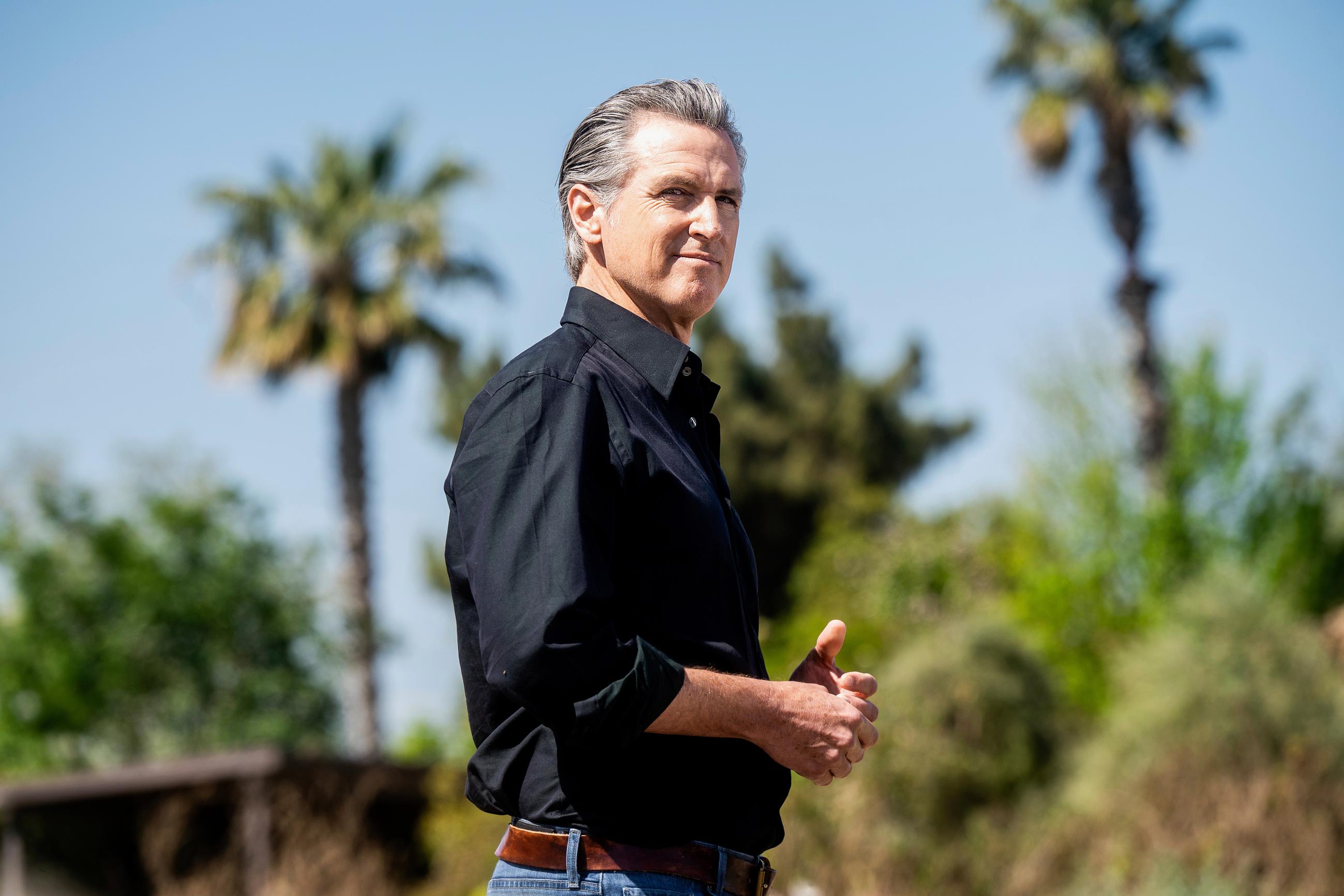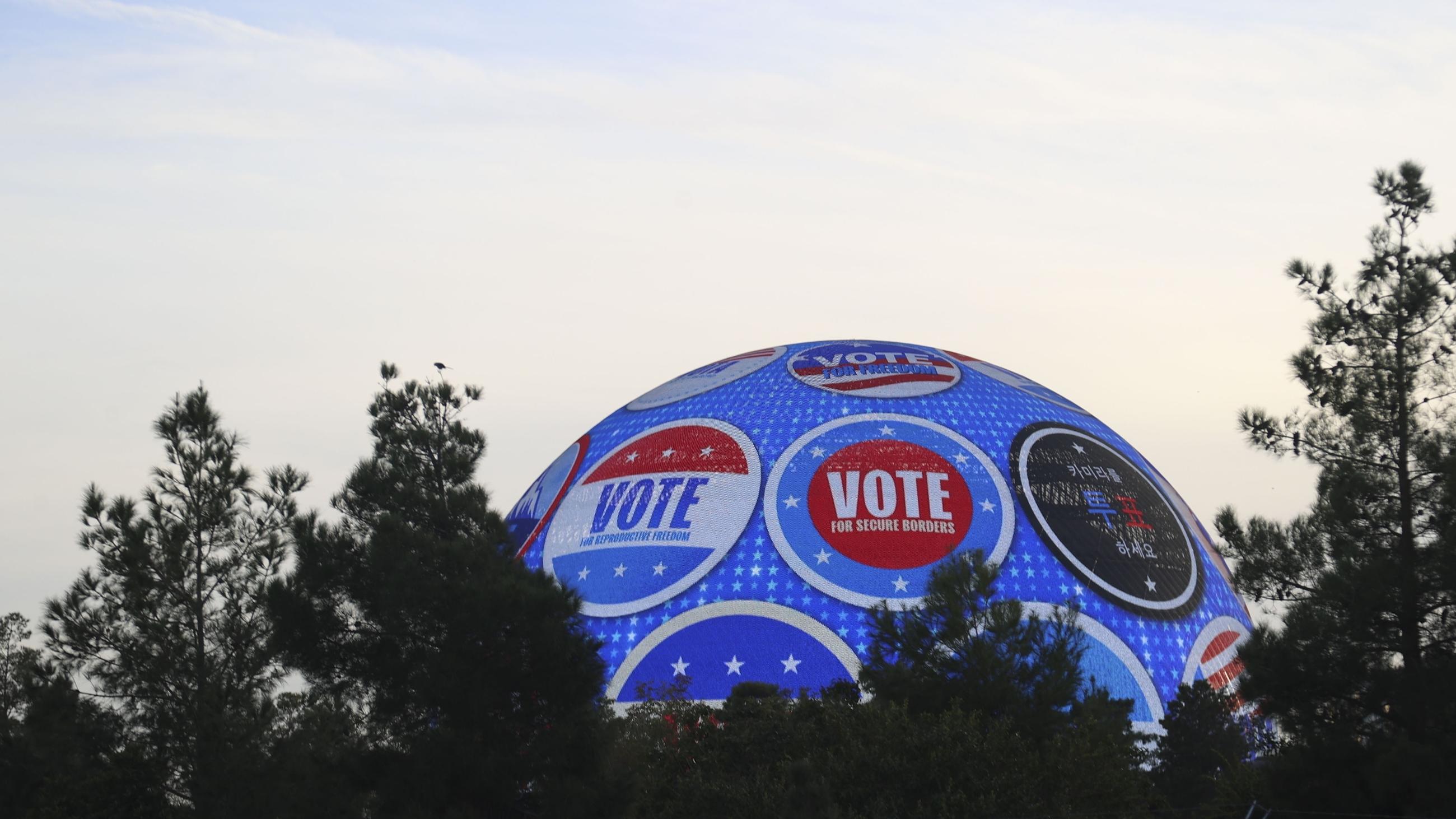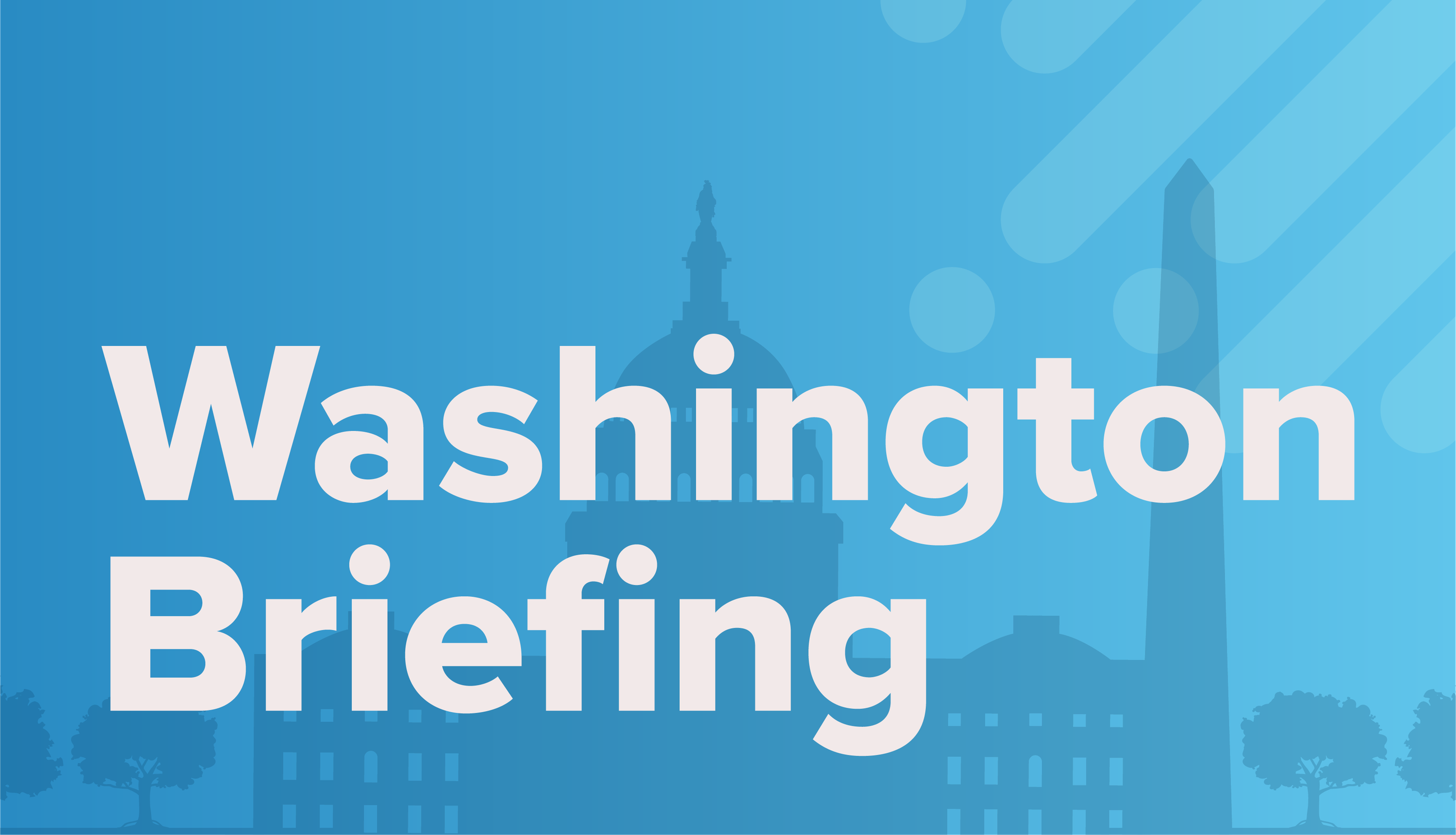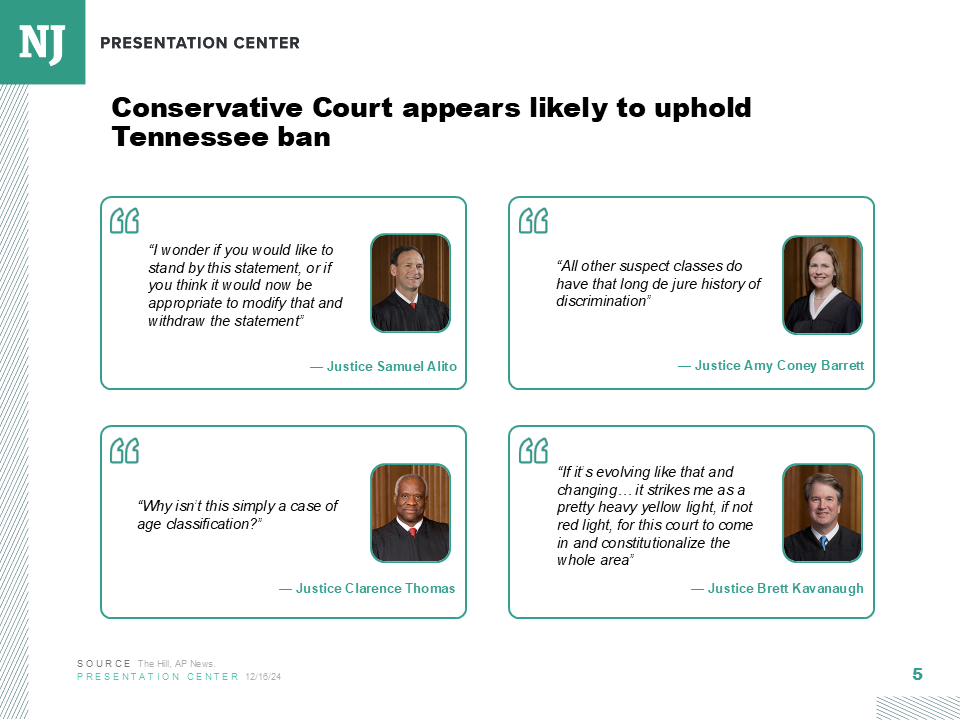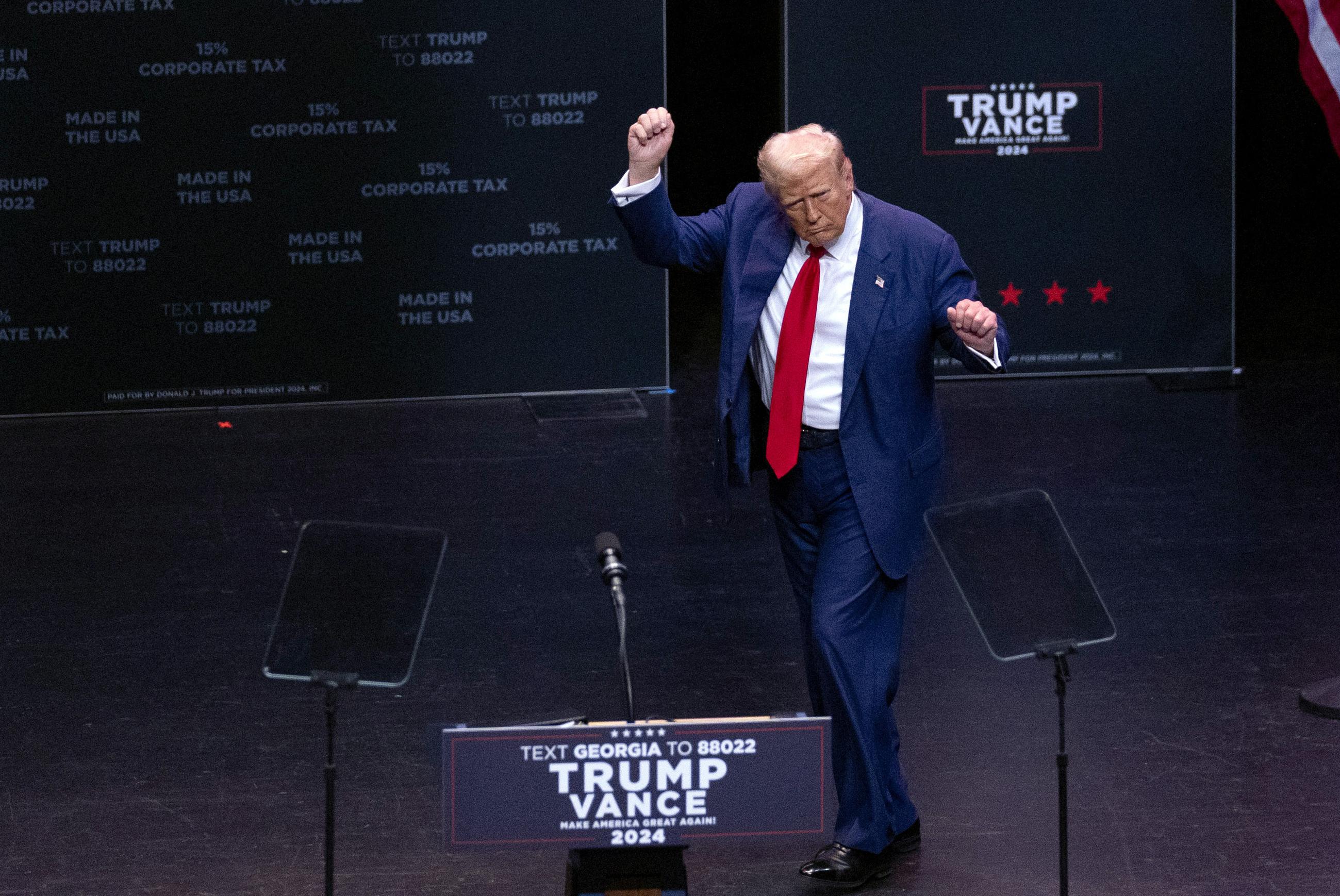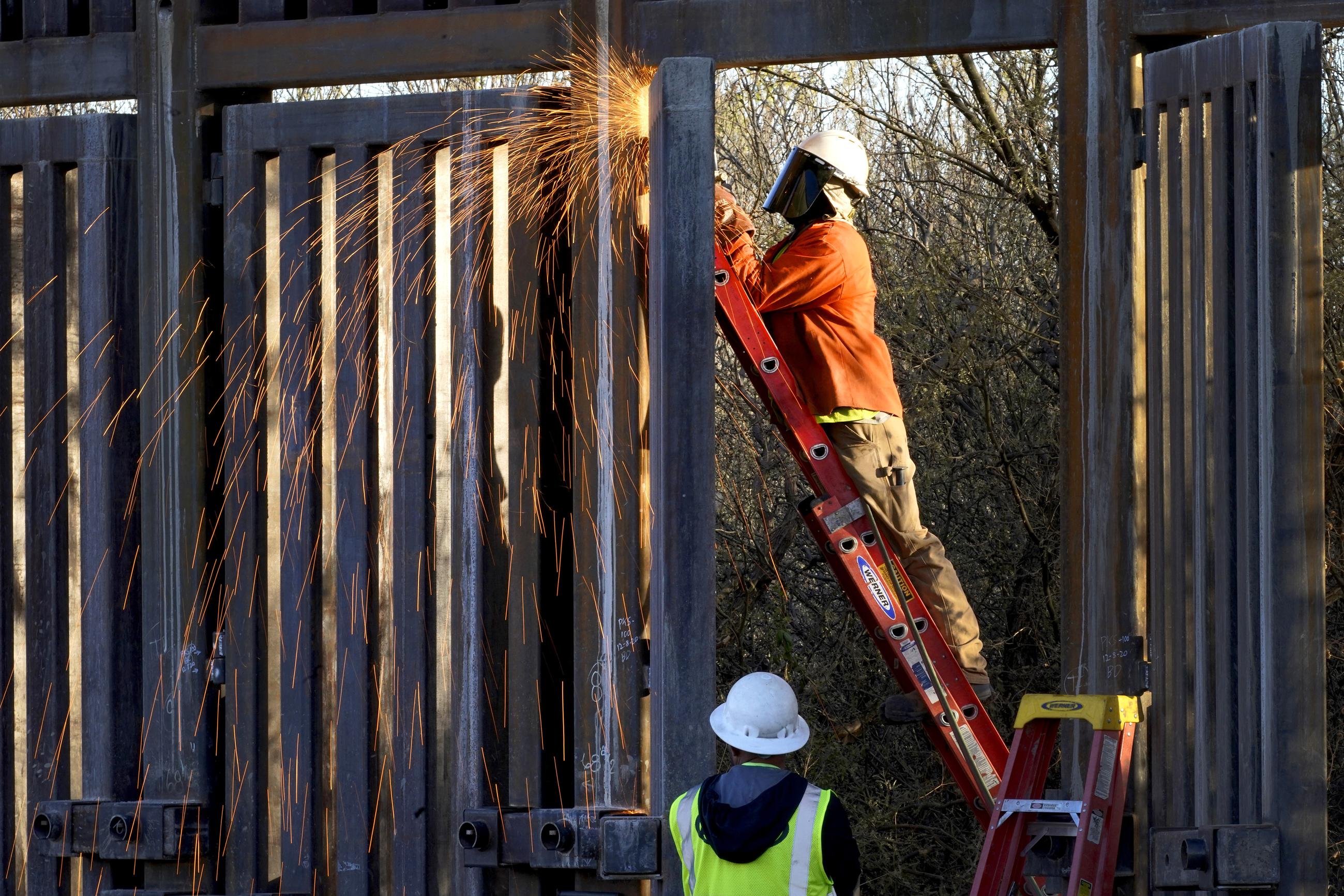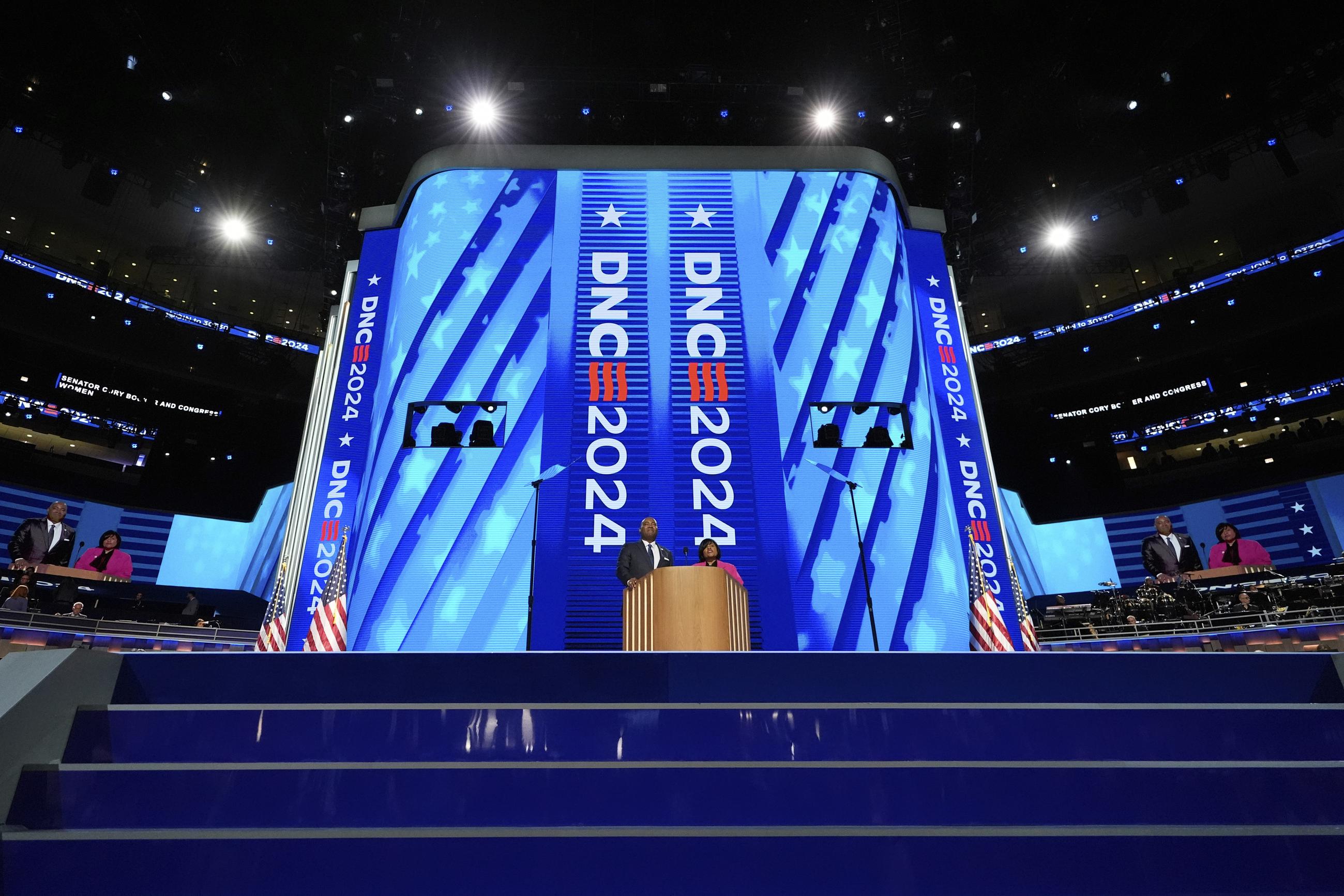As presidential hopefuls face their own reelection campaigns in the 2026 midterms, what may be more important is their ability to campaign on behalf of downballot candidates across the country.
Stumping for congressional and state candidates gives presidential hopefuls a host of benefits—they build support in key states, meet with key donors, and test out their own campaigning and fundraising chops. Likely 2028 candidates have already rolled out some endorsements, but strategists said the majority of surrogate work will come after the midterm primaries, unless two candidates have a preexisting relationship.
The work starts at home, and potential 2028 candidates are likely to get involved in home-state races. So far, Illinois Gov. J.B. Pritzker has endorsed his lieutenant governor, Juliana Stratton, to replace Sen. Dick Durbin, and Rep. Ro Khanna is promoting Visalia Unified School District trustee Randy Villegas in California’s 22nd District and entrepreneur Brandon Riker in the 41st District. California Gov. Gavin Newsom endorsed his lieutenant governor, Eleni Kounalakis, for state treasurer.
Sen. Ruben Gallego of Arizona endorsed Rep. Angie Craig for Senate in Minnesota, but Minnesota Gov. Tim Walz is said to be unlikely to endorse in that primary, which includes his lieutenant governor, Peggy Flanagan. Walz and Flanagan reportedly had a falling out over preparations to succeed Walz if he won the vice presidency last year.
Many 2028 hopefuls will look to the battleground races in the midterms to prove their chops as surrogates. The Florida, Georgia, Maine, North Carolina, and Texas Senate races will all likely draw support from presidential hopefuls. Khanna has already endorsed Graham Platner for Senate in Maine, instead of outgoing Gov. Janet Mills, the establishment favorite.
Georgia and North Carolina, in particular, serve dual purposes: They’re tough races for Democrats in the midterms, and they’re likely battleground states in 2028.
“You can check a lot of boxes by spending time in North Carolina right now,” longtime Democratic strategist Steve Schale told National Journal.
Pritzker and former Transportation Secretary Pete Buttigieg have both visited North Carolina in recent months, with the Illinois governor addressing the state party at its annual dinner and Buttigieg speaking at Duke University.
Schale, who worked on midterm strategy for Joe Biden in 2018, during the lead-up to his 2020 presidential run, said another element of the strategy was looking for opportunities to stump in early states on the presidential-primary calendar.
This is a strategy many presidential hopefuls have pursued in past cycles, starting when Jimmy Carter barnstormed Iowa in 1975 and put its caucuses on the map. The primary calendar may look different in 2028, but many of the traditional early states—Iowa, New Hampshire, Nevada, and South Carolina—will likely remain early, even if their order changes, and prospective 2028 candidates are not staying away.
Buttigieg, Walz, Gallego, and former Ambassador to Japan Rahm Emanuel have visited Iowa. Walz, Newsom, Kentucky Gov. Andy Beshear, Maryland Gov. Wes Moore, and Khanna have visited South Carolina. Gallego and Beshear have spent time in New Hampshire, and Sens. Chris Murphy and Cory Booker have plans to visit the Granite State on Nov. 12 and 14, respectively.
Aside from the geographical benefits of certain races, 2028 candidates will likely look for midterm candidates who fit their general brand. For instance, Khanna has already endorsed fellow progressives including Platner and Kat Abughazaleh, an influencer running in a safe blue seat in Illinois.
Strategists said many 2028 candidates will hold off on endorsing in primaries to avoid bad blood if their pick is not the eventual nominee. But the return on investment for candidates who do play in primaries may be larger.
“Some of these Democratic candidates are going to take flyers and intervene in primaries because they want to be first on board for potential winners,” Democratic strategist Brad Bannon said. “Because successful candidates remember those things.”
Midterm candidates are usually the ones to invite presidential hopefuls to come speak, not the other way around. Their choice of candidates may be an early indicator of who intraparty members think has a good chance of winning. In 2018, Biden and Booker visited 24 states apiece to stump for other candidates, while Sen. Bernie Sanders visited 18. Biden and Sanders were the final two candidates in the 2020 primary, before Biden became the nominee.
But the presence of national Democrats can pose a risk to a candidate in a battleground race trying to separate him- or herself from the establishment wing of the party. Last cycle, Democratic Senate candidates in battleground states distanced themselves from former Vice President Kamala Harris in an attempt to win over Trump voters.
Midterm candidates may also seek the fundraising power that comes with inviting a national figure to speak, especially at a dinner with friendly Democratic donors. This year, the Clintons attended a fundraiser for Virginia gubernatorial candidate Abigail Spanberger.
“The Democratic presidential race has already started in earnest, and early presidential campaigns mean big money for midterm Democrats and lots of endorsements,” Bannon said.
Many prominent Democrats have already spoken at state-party dinners, a mutually beneficial arrangement allowing state parties to fundraise and candidates to meet with donors in key states.
Walz and Booker spoke at the California Democratic Party’s annual convention; Booker and Beshear spoke at the Florida Democratic Party’s annual Leadership Blue Gala; and Beshear spoke at a Missouri Democratic Party dinner in September. Michigan Gov. Gretchen Whitmer spoke at yet another Florida Democratic Party fundraiser in late October.
This cycle has the unique addition of redistricting battles, which offer 2028 hopefuls—especially Newsom—an opportunity to burnish their partisan credentials. Other potential candidates, such as Pritzker and Moore, have dipped their toes into the redistricting pool. Pritzker invited Texas Democratic lawmakers to stay in Illinois as they delayed the now-passed Texas gerrymander, and Moore has said “all options are on the table” when it comes to redistricting his state for Democrats’ advantage.
Newsom has made Proposition 50, the California measure designed to net Democrats five congressional seats through gerrymandered district lines, a top-priority issue. So while it’s likely he would suffer political damage were the measure to fail, other 2028 hopefuls who deal with redistricting as a second- or third-tier priority are less likely to see blowback if their attempts fail.
The 2028 hopeful with arguably the largest role in the midterms is Beshear. He becomes chair of the Democratic Governors Association in 2026, giving him the opportunity to stump for candidates, meet with donors, fundraise, and travel the country.
“If Democratic governors have a really good cycle, he’s now built a bunch of allies around the country,” Schale said.
But the position comes with added risk—the more Beshear ties his fate to the electoral success of Democratic governors across the country, the more he stands to lose if many of those governors don’t win.

